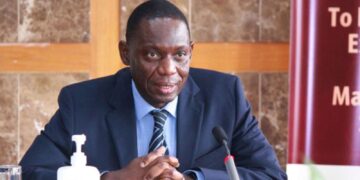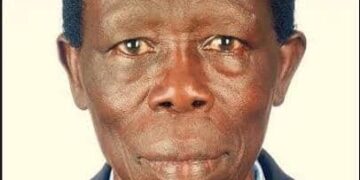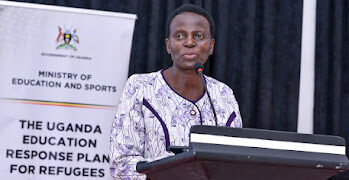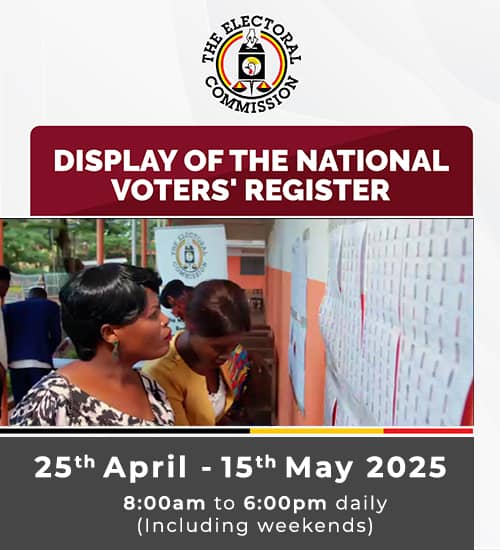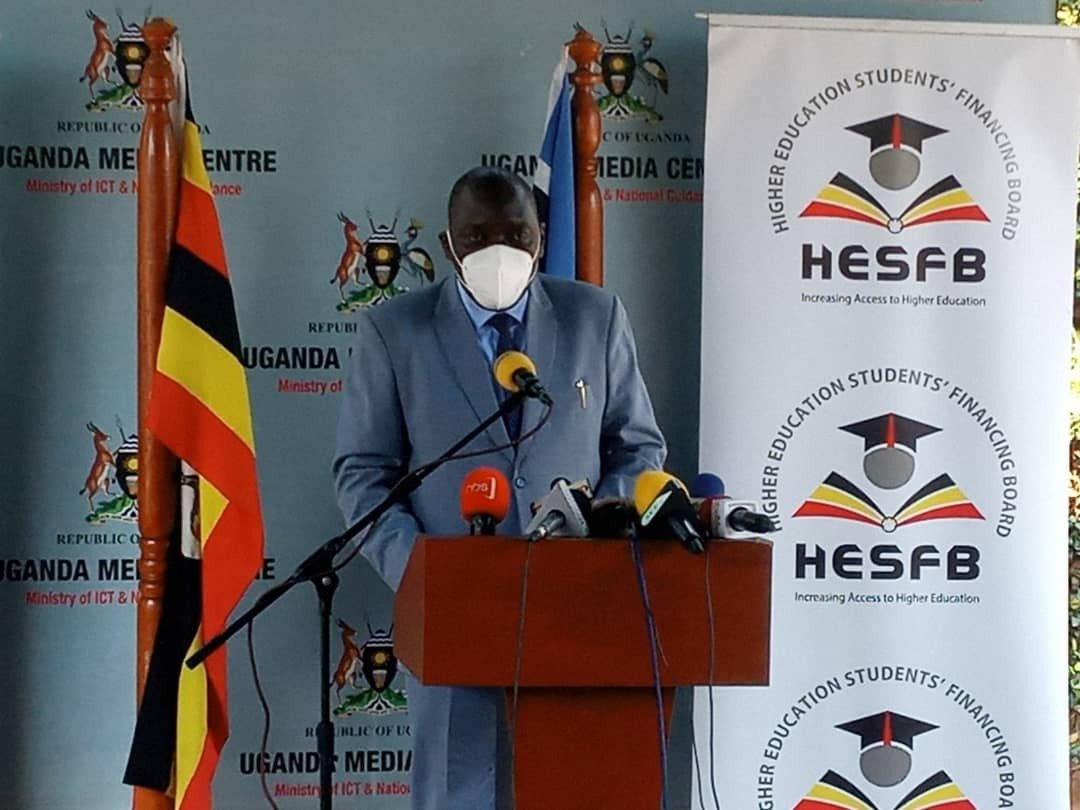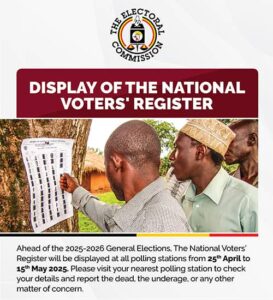The implementation of the Senior Citizens Grant under the Social Assistance Grants for Empowerment(SAGE) hangs in a balance after government allocated only sh24bn of the required sh120.7bn as per the National Budget Framework Paper FY2023/24 under consideration in Parliament.
The Senior Citizen Grant is Uganda’s largest cash transfer programme targeting older persons aged 80 years and above with a monthly grant of sh25,000 to smoothen their consumption. Currently, a total of 306,516 older persons are benefiting from the grant across the country. The number is anticipated to increase given on-going interventions such as registration of eligible members and correcting potential members’ details on the national ID.
Speaking during a 2-day social protection and the budget retreat organized by the Uganda Parliamentary Forum on Social Protection last week, legislators expressed concern over the shortfall which they argued is likely to collapse the programme entirely. Other than SAGE, the other social protection interventions are equally underfunded such as the Special Grant for Persons with Disabilities, support to street children interventions, food and non-food items.

With such underfunding and zero allocation for some, it is time as pointed out by the Chairperson of the Forum, Hon. Flavia Kabahenda Rwabuhoro, for government to come out expressly and indicate whether they still care about the vulnerable people in the country.
“None of us is above vulnerability. There is no future to secure if we cannot secure the fate of the most vulnerable among us. This is why we need to rise up and ensure that the Senior Citizens Grant is secure not just in this budget but also in future,” said Hon. Flavia Kabahenda Rwabuhoro.
According to Kabahenda, who is also the chairperson of the Committtee on Gender, Labour and Social Development in Parliament, members must ensure that the budget is not passed with such exclusions for the people most in need.
“What we should be discussing now is expanding scope and coverage of care and support services for the vulnerable groups and those in disaster-prone areas. However, we are being dragged backwards because government is running away from its commitment to the people,” said Kabahenda.
According to impact assessments by both government and private agencies, the SAGE (as it is widely referred to ) has among others reduced poverty among by 11% among beneficiary households, increased productivity of beneficiary households in terms of enabling older persons to hire labour to open up idle land; purchase of livestock , increased social inclusion and empowerment, boosted local economic activity, increased purchasing power among beneficiaries and facilitated access and consumption of essential services such as Health and Education as beneficiaries supported the grand children in schools.
MPs reactions:
“This is a red flag and we should not sit back. In fact, many of us made commitments to our constituents to ensure that this money is increased from the current sh25,000 to atleast sh30,000. How then do we tell them that even the sh25,000 is no more?” Hon. Agasha Juliet Bashiisha-Woman MP Mitooma district said.
“This government is continuously proving that they are not bothered about social protection. We must therefore wake up and fight for ourselves. The Senior Citizens Grant is a legacy of Parliament and we cannot watch it die in the 11th Parliament,” Hon. Maurice Kibalya- MP, Bugabula county South-Kamuli district said.
“We need to remind the President that taking away SAGE is akin to removing food from the older persons’ mouth. Therefore, a budget that does not provide for SAGE is technically intended to send these already vulnerable people to the grave,” Hon. Margaret Baba-Diri-Former Woman MP, Koboko district and Board member UPFSP.
According to technical officers from the Ministry of Gender, Labour and Social Development, all subventions were cut by 80%. This led to the current state of funding for SAGE and other social protection interventions.
Public expenditure on social protection as a percentage of GDP in Uganda is the lowest compared to other sub-Saharan African countries. The country spends only 0.7% of GDP on social protection.
The objective of the 2-day retreat as explained by the UPFSP Coordinator, Kiconco Katabaazi Patrick, was to ensure our members have diversified knowledge of social protection interventions in the country. This would then inform the Forum’s advocacy priorities for the next financial year.
















